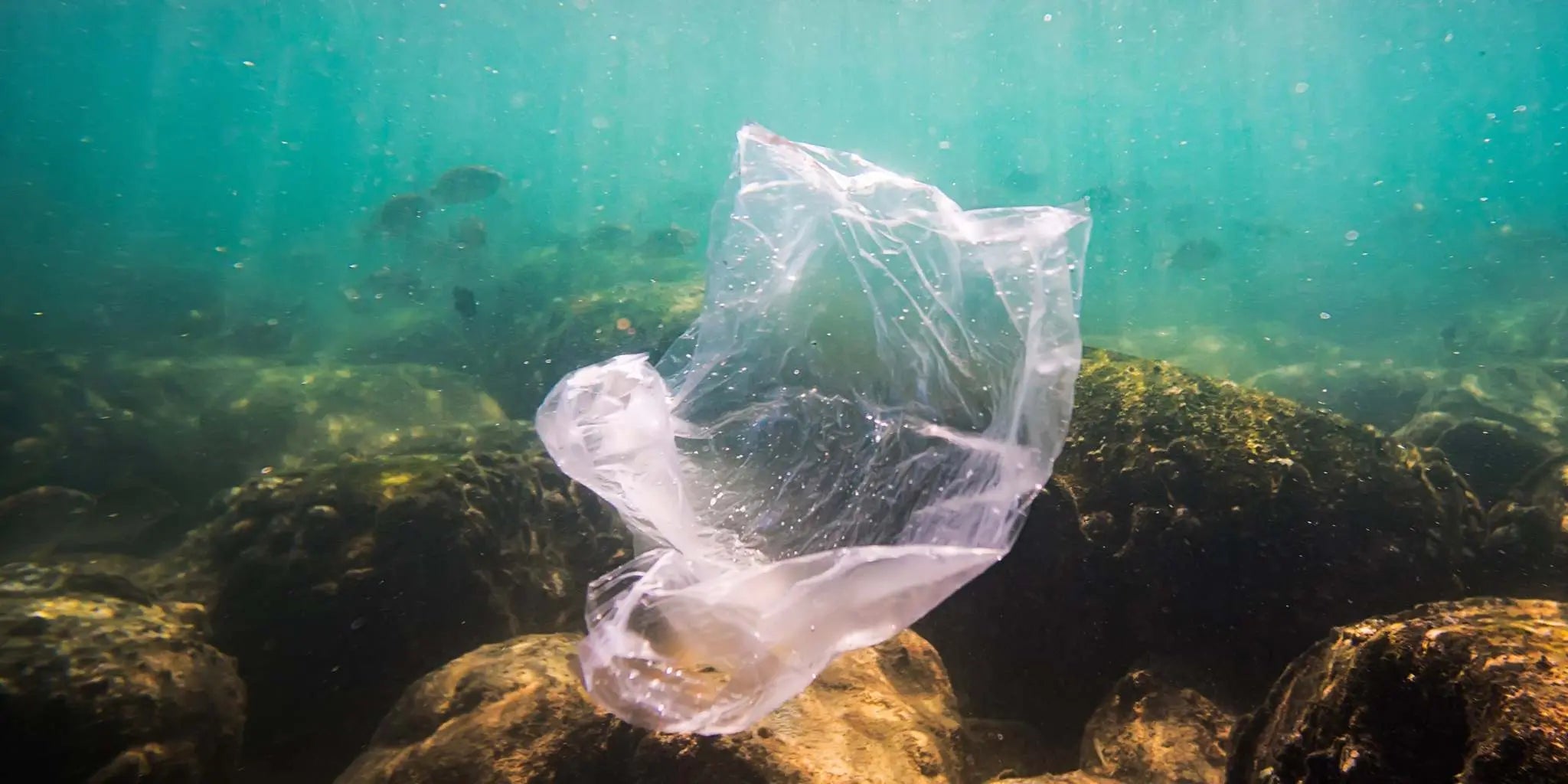We examine the problems with the Coles and Woolworths recycling programs

Coles and Woolworths are two of the largest supermarket chains in Australia, and both have launched recycling programs aimed at reducing the amount of plastic waste that ends up in landfills. However, the programs have been criticized for a number of reasons, and have been called out as being ineffective and even harmful. In this blog post, we will take a look at both Coles and Woolworths recycling programs, and explore why some say they are problematic.
- Lack of Transparency
One of the major issues with the Coles and Woolworths recycling programs is the lack of transparency. Both companies have not disclosed how much of the waste collected is actually being recycled. This lack of transparency makes it difficult to assess the effectiveness of the programs and raises questions about whether the waste is actually being recycled, or simply sent to landfill.
- Greenwashing
Greenwashing refers to the practice of companies making misleading claims about their environmental impact in order to appear more environmentally friendly than they actually are. Critics have accused Coles and Woolworths of greenwashing through their recycling programs, as the programs give the impression that the companies are doing their part to reduce plastic waste, when in reality, the programs are inadequate and do not address the root cause of the problem.
It's hard to believe a company is genuinely concerned with addressing the problem of plastic waste, when they simultaneously generate so much of it.
Leaning on a (now defunct), third party recycling program, cannot offset the damage caused by their many wasteful practices such as over packaging or the regular release of their plastic 'collectables' series.
Some plastic can be hard to avoid for supermarkets, especially when health and hygiene codes must be met. But creating vast numbers of plastic 'toys' that serve no purpose other than 'rewarding' families for spending more money, seems irresponsible at best.
- Limited Scope
Another problem with the Coles and Woolworths recycling programs is their limited scope. The programs are focused on collecting only a small percentage of the plastic waste generated by the companies, and only a fraction of the plastic waste generated in Australia as a whole. This means that the programs are not comprehensive enough to have a significant impact on the amount of plastic waste that ends up in landfills.
- Ineffective Solutions
The Coles and Woolworths recycling programs have been criticised for offering ineffective solutions to the problem of plastic waste. For example, the programs encourage customers to recycle soft plastics, such as plastic bags and wrapping, by collecting them at their stores. However, soft plastics are not easily recyclable, and many facilities do not have the technology to recycle them. As a result, the soft plastics collected by the Coles and Woolworths recycling programs may end up being sent to landfill, or worse, end up in the environment.
In conclusion, the Coles and Woolworths recycling programs have been criticised for their lack of transparency, limited scope, and ineffective solutions. While the programs are well-intentioned, they are not comprehensive enough to address the root cause of the problem of plastic waste. It is important for companies to take meaningful action to reduce their environmental impact, rather than relying on inadequate programs that do not address the root cause of the problem. Consumers can also make a difference by reducing their use of single-use plastics and choosing products that are environmentally friendly.
0 comments




